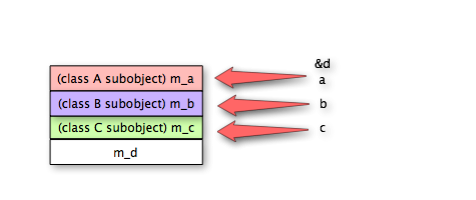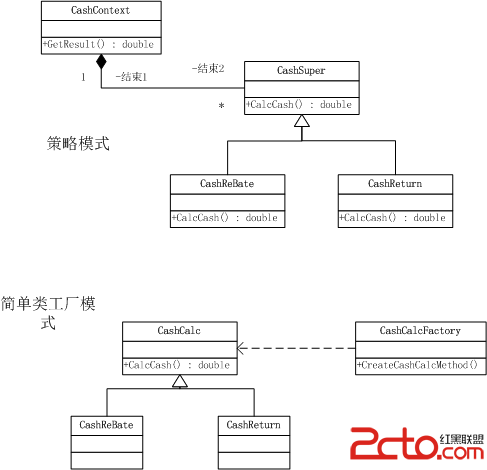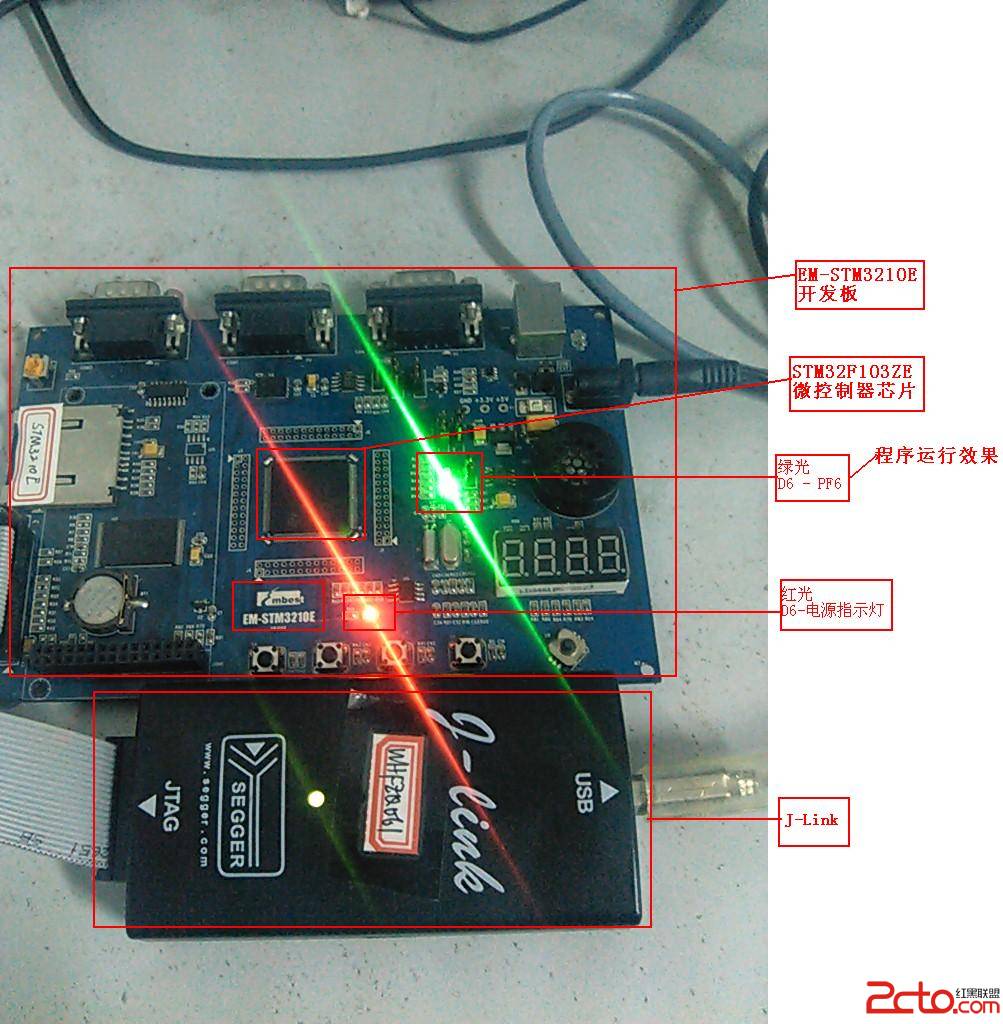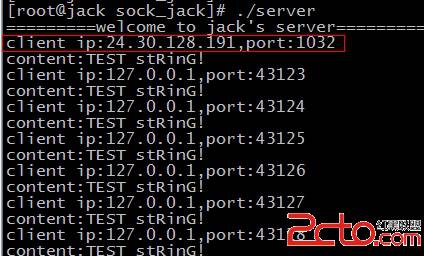C++实现的委托机制(2)
1.实现任意参数的函数委托
按上一篇文章的方法,你已经可以使用无参数的函数委托了。当然,这远远不够。要实现任意参数的函数委托,这里的任意参数包括任意个数和任意类型。任意类型这个容易解决,使用模板就行,但任意参数个数呢?
注:最终的实现代码可以在这里下载:/2011/1009/20111009023128248.rar
单参函数委托
template<typename TP1>
class CMultiDelegate1{};
// 双参函数委托
template<typename TP1, typename TP2>
class CMultiDelegate2{};
// 单参函数委托
template<typename TP1>
class CMultiDelegate1{};
// 双参函数委托
template<typename TP1, typename TP2>
class CMultiDelegate2{};
注意类名是不一样的,分别为CMultiDelegate1和CMultiDelegate2
C++里面,类名相同但模板参数个数不同是会当成一个类对待的,所以那样编译不过的
这样是不是很麻烦呢?
不是很麻烦,是相当麻烦。因为不单单是CMultiDelegate要实现多个参数的版本
连IDelegate、CStaticDelegate和CMethodDelegate都要实现对应的多个参数的版本!
其实所有版本的内部实现几乎一样,下面给出双参函数的版本
template<typename TP1, typename TP2>
class IDelegate2
{
public:
virtual ~IDelegate2() { }
virtual bool isType( const std::type_info& _type) = 0;
virtual void invoke( TP1 p1, TP2 p2 ) = 0;
virtual bool compare( IDelegate2<typename TP1, typename TP2> *_delegate) const = 0;
};
template<typename TP1, typename TP2>
class CStaticDelegate2 : public IDelegate2<typename TP1, typename TP2>
{
public:
typedef void (*Func)( TP1 p1, TP2 p2 );
CStaticDelegate2 (Func _func) : mFunc(_func) { }
virtual bool isType( const std::type_info& _type) { return typeid( CStaticDelegate2<typename TP1, typename TP2> ) == _type; }
virtual void invoke( TP1 p1, TP2 p2 )
{
mFunc( p1, p2 );
}
virtual bool compare( IDelegate2<typename TP1, typename TP2> *_delegate) const
{
if (0 == _delegate || !_delegate->isType(typeid(CStaticDelegate2 <typename TP1, typename TP2>)) ) return false;
CStaticDelegate2 <typename TP1, typename TP2> * cast = static_cast<CStaticDelegate2 <typename TP1, typename TP2> *>(_delegate);
return cast->mFunc == mFunc;
}
virtual bool compare(IDelegateUnlink * _unlink) const { return false; }
private:
Func mFunc;
};
template <typename T, typename TP1, typename TP2>
class CMethodDelegate2 : public IDelegate2 <typename TP1, typename TP2>
{
public:
typedef void (T::*Method)( TP1 p1, TP2 p2 );
CMethodDelegate2(T * _object, Method _method) : mObject(_object), mMethod(_method) { }
virtual bool isType( const std::type_info& _type) { return typeid( CMethodDelegate2 <T, TP1, TP2> ) == _type; }
virtual void invoke( TP1 p1, TP2 p2 )
{
(mObject->*mMethod)( p1, p2 );
}
virtual bool compare( IDelegate2 <typename TP1, typename TP2> * _delegate) const
{
if (0 == _delegate || !_delegate->isType(typeid(CMethodDelegate2 <T, TP1, TP2>)) ) return false;
CMethodDelegate2 <T, TP1, TP2> * cast = static_cast< CMethodDelegate2 <T, TP1, TP2> * >(_delegate);
return cast->mObject == mObject && cast->mMethod == mMethod;
}
private:
T * mObject;
Method mMethod;
};
template <typename TP1, typename TP2>
inline delegates::IDelegate2 <typename TP1, typename TP2> * newDelegate( void (*_func)( TP1 p1, TP2 p2 ) )
{
return new delegates::CStaticDelegate2 <typename TP1, typename TP2> (_func);
}
template <typename T, typename TP1, typename TP2>
inline delegates::IDelegate2 <typename TP1, typename TP2> * newDelegate( T * _object, void (T::*_method)( TP1 p1, TP2 p2 ) )
{
return new delegates::CMethodDelegate2 <T, TP1, TP2> (_object, _method);
}
template <typename TP1, typename TP2>
class CMultiDelegate2
{
public:
typedef IDelegate2 <typename TP1, typename TP2> IDelegate;
typedef typename std::list<IDelegate*> ListDelegate;
typedef typename ListDelegate::iterator ListDelegateIterator;
typedef typename ListDelegate::const_iterator ConstListDelegateIterator;
CMultiDelegate2 () { }
~CMultiDelegate2 () { clear(); }
bool empty() const
{
for (ConstListDelegateIterator iter = mListDelegates.begin(); iter!=mListDelegates.end(); ++iter)
{
if (*iter) return false;
}
return true;
}
void clear()
{
for (ListDelegateIterator iter=mListDelegates.begin(); iter!=mListDelegates.end(); ++iter)
{
if (*iter)
{
delete (*iter);
(*iter) = 0;
}
}
}
CMultiDelegate2 <typename TP1, typename TP2> & operator+=(IDelegate* _delegate)
{
for (ListDelegateIterator iter=mListDelegates.begin(); iter!=mListDelegates.end(); ++iter)
&n
补充:软件开发 , C++ ,




